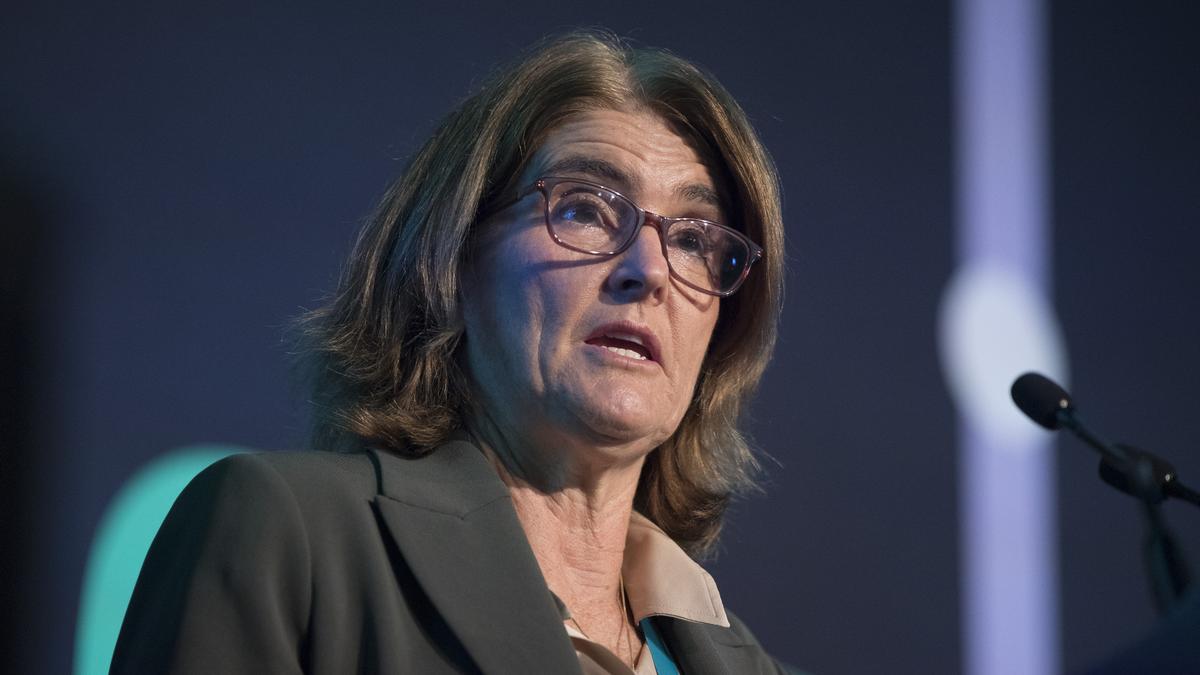
Denmark has announced a significant policy change, implementing a ban on social media for individuals aged under 15. This decision follows a political agreement aimed at safeguarding children from the potential harms of social media, echoing recent similar measures taken in Australia. The Danish government’s announcement reflects a growing trend across Europe to impose stricter regulations on social media use among younger populations.
The move comes after ongoing concerns about the negative impact of social media on the mental health of children and teenagers. Danish Prime Minister Mette Frederiksen has been a vocal critic of social media, describing it as a “monster” contributing to rising levels of anxiety and depression among youth. “Never before have so many children and young people suffered from these issues,” she stated in a recent address.
While the new law prohibits access to social media for those under 15, it includes stipulations for parents. Children aged 13 and older may use social media platforms with parental consent, subject to specific regulations. This concession aims to balance parental control with the desire for children to engage with technology responsibly.
The announcement was made in Copenhagen on a Friday evening and marks a crucial step toward enacting legislation that is still in the drafting phase. Concerns about enforcement mechanisms have surfaced, particularly as Denmark has not yet identified the specific companies that will be affected by this ban.
Australia’s recent legislative changes have also garnered attention, with new laws enforcing age verification for social media users set to take effect on December 10. These regulations carry significant penalties, including fines up to $50 million for platforms such as TikTok, Facebook, and Instagram if they fail to comply.
Digitalisation Minister Caroline Stage Olsen expressed the importance of this initiative, stating that the government is “finally drawing a line in the sand” regarding the influence of social media on children. She emphasized that Denmark is now leading Europe in establishing a national age limit for social media usage, aiming to enhance the digital wellbeing of its younger citizens.
Stage Olsen has previously criticized social media companies for their perceived negligence in protecting children. In particular, she condemned Instagram’s advertising campaign against mandatory age verification, expressing frustration at the platform’s efforts to resist regulatory measures rather than investing in effective solutions.
European leaders have taken note of Australia’s proactive approach; during a meeting at the United Nations in New York, European Commission President Ursula von der Leyen praised Australia’s new minimum age law and acknowledged its influence on European discussions regarding similar regulations.
The conversation surrounding youth engagement with social media is intensifying in Europe. Members of the European Parliament are preparing for a debate in November focusing on a potential social media ban for users under 16, prompted by a report led by Danish politician Christel Schaldemose.
France is also considering stricter measures, with a parliamentary committee advocating for a “digital curfew” for teenagers, proposing a ban on social media for those under 15 and restrictions for users aged 15 to 18, as recommended by National Assembly member Laure Miller.
As these discussions unfold, the focus remains on finding a balance between the benefits of digital connectivity and the protection of young users from the potential dangers posed by unregulated social media access. The Danish government’s commitment to legislative action signals a broader movement towards enhanced protections for children and adolescents in the digital age.






